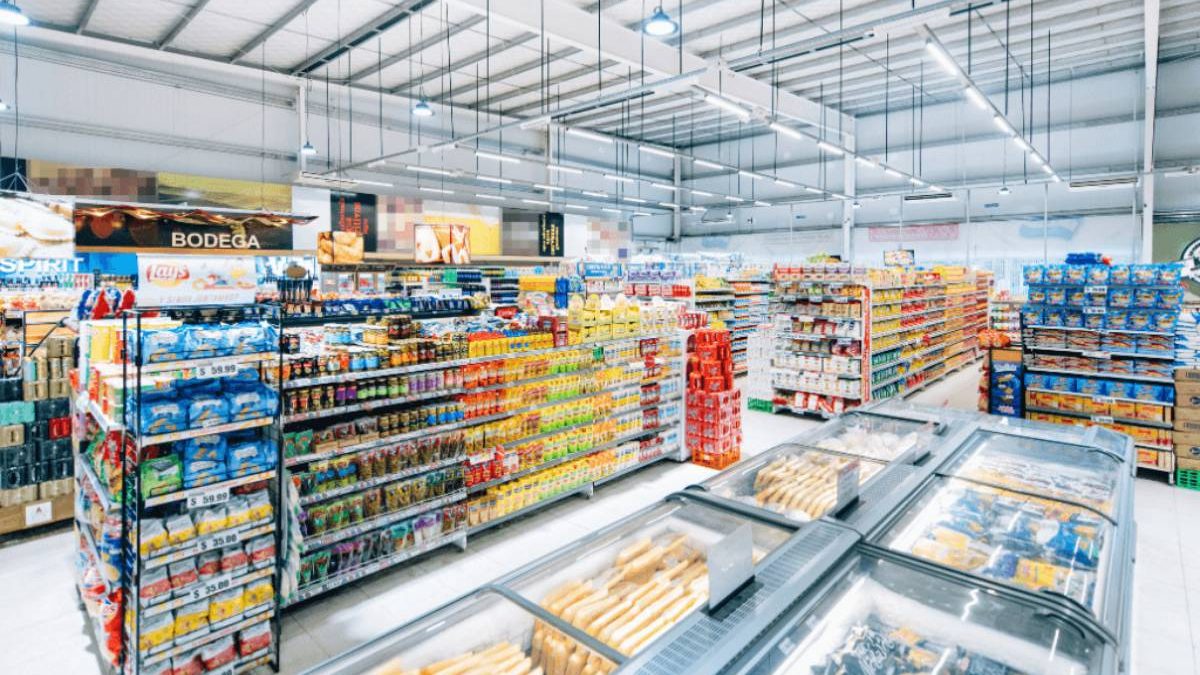FMCG Software Solutions
Table of Contents
Introduction
The fast-moving consumer goods (FMCG) industry demands agility, accuracy, and efficiency to meet growing consumer expectations. With increasing competition and shrinking product lifecycles, companies must streamline their supply chains and enhance retail operations. Modern software solutions have become essential tools, enabling businesses to automate processes, reduce errors, and optimize distribution for improved profitability.
What Are FMCG Software Solutions?
FMCG software solutions refers to specialized platforms designed to enhance key business operations, including inventory control, sales management, logistics, and customer engagement. These solutions leverage real-time data, automation, and analytics to help companies boost productivity, minimize wastage, and improve overall efficiency.
Optimizing Retail Operations with Software
1. Smarter Inventory Management
Maintaining optimal stock levels is critical for FMCG companies to avoid overstocking or running out of essential products. Software systems offer real-time inventory tracking, automated replenishment, and demand forecasting, enabling businesses to:
- Prevent stockouts and excess inventory.
- Improve shelf availability and reduce wastage.
- Enhance supply chain coordination.
2. Faster and Accurate Order Processing
Manual order handling is time-consuming and prone to errors. With automated order processing systems, FMCG businesses can:
- Accelerate order fulfillment and reduce mistakes.
- Improve accuracy in billing and shipping.
- Ensure seamless coordination between warehouses and distribution centers.
3. Multi-Channel Sales Integration
As FMCG businesses expand their presence across physical stores, e-commerce platforms, and mobile apps, managing sales channels becomes complex. Integrated software platforms:
- Synchronize stock levels across all channels.
- Provide consistent customer experiences.
- Improve order tracking and fulfillment efficiency.
4. Enhanced Customer Relationship Management (CRM)
Building strong customer relationships is key to driving repeat sales. CRM systems integrated with FMCG software help companies:
- Track customer preferences and purchase history.
- Personalize marketing campaigns.
- Improve customer retention through targeted promotions.
Enhancing Distribution with Software
1. Optimized Logistics and Delivery
Efficient transportation and distribution are vital for timely product delivery. Software solutions streamline logistics by:
- Optimizing delivery routes to reduce fuel consumption and transit times.
- Providing real-time tracking for accurate delivery estimates.
- Enhancing fleet management and reducing transportation costs.
2. Real-Time Shipment Monitoring
IoT-enabled tracking systems offer real-time visibility into shipment locations and conditions. This ensures:
- Improved delivery accuracy and reduced delays.
- Better handling of perishable goods through condition monitoring.
- Enhanced supply chain transparency.
3. Automated Warehouse Management
Automating warehouse operations reduces human errors and accelerates order fulfillment. Warehouse management software offers:
- Automated stock allocation and order picking.
- Real-time inventory updates.
- Improved accuracy in packing and shipping.
AI and IoT Integration in FMCG Software
1. AI-Powered Demand Forecasting
Accurate demand forecasting helps FMCG companies plan inventory efficiently. AI-powered systems analyze historical data, market trends, and consumer behavior to:
- Predict future demand with greater accuracy.
- Minimize overstocking and stock shortages.
- Improve production and distribution planning.
2. IoT-Enabled Smart Warehousing
IoT sensors improve warehouse operations by monitoring storage conditions and asset locations. This ensures:
- Better handling of temperature-sensitive products.
- Reduced spoilage and compliance with quality standards.
- Real-time data on stock movements.
3. Automated Quality Control
AI-based quality control systems detect product defects early in the production process. This helps companies:
- Minimize defective shipments.
- Reduce product returns.
- Maintain consistent product quality.
Cost Savings and ROI with Software Implementation
Investing in advanced software solutions offers substantial cost-saving benefits, including:
- Lower Labor Costs: Automation reduces the need for manual intervention, cutting down labor expenses.
- Reduced Transportation Expenses: Route optimization and real-time tracking lower fuel costs.
- Minimized Inventory Loss: Accurate demand forecasting prevents overstocking and wastage.
- Better Cash Flow Management: Automated financial processes streamline invoicing and payment cycles.
Ensuring Compliance and Traceability
FMCG companies must adhere to strict regulatory standards, particularly in product safety and quality. Software solutions help ensure compliance by:
- Maintaining detailed records for audits and inspections.
- Enabling end-to-end product traceability.
- Automating compliance checks to prevent legal issues.
Real-World Impact of Software in FMCG
Many FMCG companies have experienced significant improvements by implementing advanced software solutions:
- Food and Beverage Company: Reduced inventory waste by 25% through AI-powered demand forecasting.
- Retail Chain: Improved order accuracy by 40% with automated processing.
- Logistics Provider: Lowered transportation costs by 20% using route optimization tools.
- Personal Care Brand: Enhanced product traceability by 35% with real-time monitoring.
- E-commerce FMCG Company: Increased customer retention by 30% through personalized marketing.
Emerging Trends in FMCG Software
As technology advances, new trends are shaping the future of FMCG software, including:
- Cloud-Based Platforms: Enabling real-time data access and remote management.
- Robotic Process Automation (RPA): Automating repetitive back-office tasks.
- Blockchain for Supply Chain Transparency: Enhancing security and traceability.
- AI-Driven Analytics: Improving decision-making through predictive insights.
- Sustainable Tech: Optimizing resource usage and reducing carbon footprints.
Conclusion
Adopting modern software solutions is no longer optional for FMCG companies—it is essential for staying competitive. From optimizing inventory and automating order processing to streamlining logistics and improving customer experiences, these tools drive efficiency and profitability. As the industry continues to embrace digital transformation, investing in robust software will be key to maintaining a competitive edge and achieving long-term growth.


